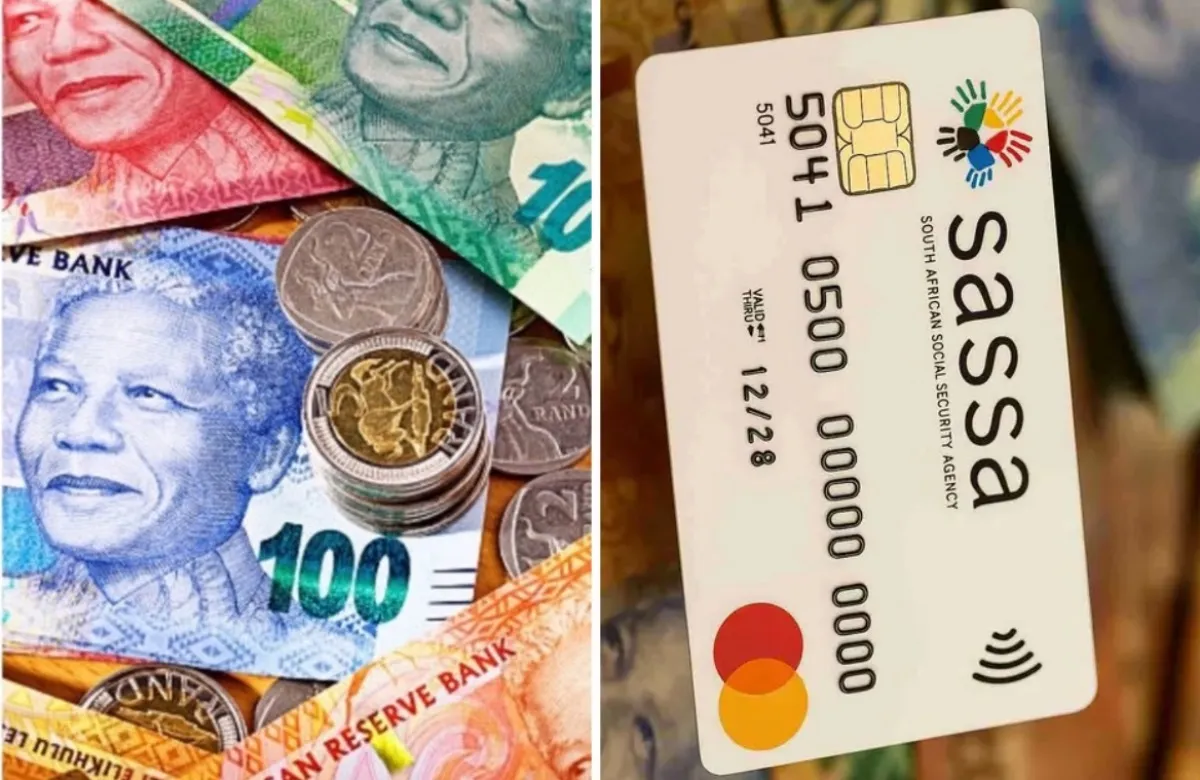
Calls grow for the government to exempt SASSA grant recipients from tax
A latest deep dive into South Africa’s tax revenue methodology makes a sound argument for SASSA grant beneficiaries being exempt from tax. By the same rationale, government employees should be exempt from tax, too. But why exactly? According to the latest tax revenue figures from the South African Revenue Service (SARS), the country generated R1.1 trillion in […]

A latest deep dive into South Africa’s tax revenue methodology makes a sound argument for SASSA grant beneficiaries being exempt from tax. By the same rationale, government employees should be exempt from tax, too. But why exactly?
According to the latest tax revenue figures from the South African Revenue Service (SARS), the country generated R1.1 trillion in 2024/2025. Of that, R267 billion was generated through personal income tax (PIT) and value-added tax (VAT) of SASSA grant recipients and government employees.
SASSA RECIPIENTS TO BE EXEMPT FROM TAX?
Experts argue that the government should exempt the amount paid to SASSA beneficiaries and government employees from tax. According to Daily Investor, roughly one quarter of South Africa’s tax revenue comes from money the government distributes and then reclaims through taxes.
Economists and financial experts suggest that the government could exempt both employees and SASSA grant recipients from tax, describing the current system as “inefficient and wasteful.” They explain that using tax collections to pay SASSA grants, only to tax a portion of those funds back into the treasury, makes little sense. As of 2025, about 45% of South Africans receive some form of government grant, making it the second largest national budget expense after debt servicing.
WHAT’S THE DOWN-SIDE?
However, the complexity and potential for fraud is ultimately what experts say makes this approach largely unfeasible. While SARS collected R1.1 trillion total revenue in 2024/2025, R762 billion was shelled out to SASSA grant recipients and government employees.
Government employees generated R162 billion in income at a personal income tax rate of 21.3%, contributing roughly 25% of all revenue collected. Combined with VAT, they paid more than R100 billion. Together, government employees and social grant recipients account for about 23% of all VAT receipts, while private consumption makes up 77%.
PERSONAL INCOME TAX (PIT)
- Total Personal Income Tax in 2024/2025 – R651 400 000 000 (100%)
- Private Employee Personal Income Tax – R488 988 565 000 (75%)
- Government Employee/SASSA Personal Income Tax – R162 411 435 000 (25%)
VALUE-ADDED TAX (VAT)
- Total VAT Receipts 2024/2025 – R447 600 000 000 (100%)
- VAT Receipts on Private Consumption – R342 576 718 725 (77%)
- VAT Receipts on Government Employees – R81 011 281 275 (18%)
- VAT Receipts on SASSA beneficiaries – R24 012 000 000 (5%)
